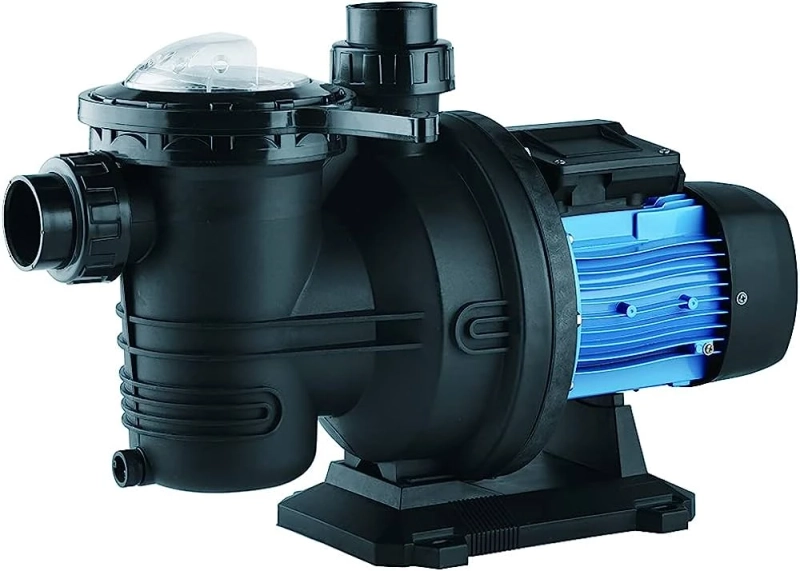Installing a pool pump is an important decision that affects the efficiency and maintenance of your swimming pool. However, before making any purchases, it's crucial to understand the cost implications involved in the installation process. By considering the factors that influence the cost to install a pool pump, you can make an informed decision that aligns with your budget and preferences. This article will guide you through those considerations to help you choose the right pool pump without breaking the bank.
Factors Affecting the Cost to Install a Pool Pump
Pool Pump Type and Size: The type and size of the pool pump you choose will significantly impact the installation cost. There are different types available, such as single-speed, dual-speed, and variable-speed pumps. Generally, variable-speed pumps tend to be more expensive upfront but provide significant long-term energy savings. Assess your pool's needs and energy efficiency goals to determine the most suitable option for your budget.
Labor Costs: Hiring a professional for the installation process ensures a proper and efficient setup. Labor costs can vary depending on your location, the complexity of the installation, and the expertise of the installer. Consider obtaining estimates from multiple reputable contractors to get an idea of the costs involved in hiring professional help.
Additional Components: The cost to install a pool pump may include additional components such as electrical wiring, plumbing connections, and equipment pads. These components ensure the pump runs smoothly and efficiently. Consider consulting with a professional to determine if any supplementary equipment is required and factor in those costs during your planning.
Maintenance and Operating Costs: It's essential to consider the long-term costs associated with operating and maintaining the pool pump. Energy-efficient pumps might have a higher upfront cost but can lead to substantial savings on your monthly energy bills. Additionally, make sure to budget for routine maintenance and potential repairs to ensure the longevity of your pool pump.
Warranty and Reliability: Invest in a pool pump that offers a reliable warranty to protect your investment. While it may not directly influence the installation cost, considering the reliability and reputation of the pump brand can save you money in the long run by preventing premature pump failure and costly repairs.
Conclusion
Choosing the right pool pump involves evaluating the cost to install a pool pump while considering various factors such as pump type, size, labor costs, additional components, and long-term maintenance expenses. By understanding these factors in detail, you can make an informed decision that fits your budget and meets your pool's specific needs. Remember to consult with professionals for accurate cost estimates and seek advice from reputable sources to ensure a successful and cost-effective pool pump installation.


